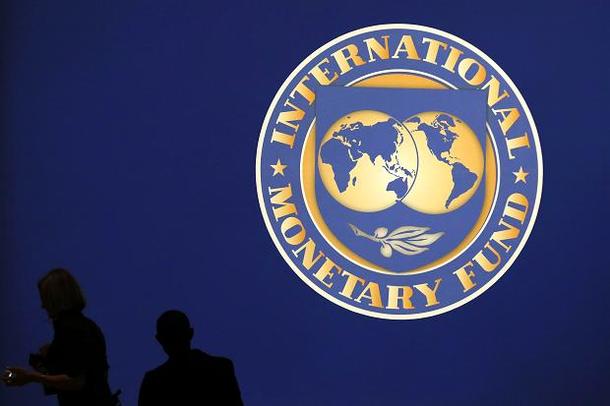By Ian Talley, The Wall Street Journal
The International Monetary Fund may have learned from its mistakes in its historic Greek program. But to be clear, it’s not apologizing.
IMF chief Christine Lagarde’s apology to the U.K. for getting its economic prescription wrong sparked calls for the fund to ask forgiveness for its Greek program.
Asked whether the fund should make amends for its Greek bailout, IMF spokesman Gerry Rice said the fund has been very open and candid in its assessment of the bailout, and has incorporated lessons learned into the new bailout.
It’s not expressing remorse, however.
“There is no apology in what I said,” Mr. Rice said.
The IMF has acknowledged missteps in its original bailout, documents have shown board members warned the program was doomed for failure, it has gotten many of its forecasts wrong, and admitted that it erred in its euro zone austerity drive.
That’s not to say that Greece’s original economic woes weren’t largely home-made and that most of its current problems don’t require domestic fixes.
Also, the bailouts were only granted with approval from the Greek government.
But many economists say the IMF’s Greek bailout faults, combined with the fund’s recalcitrance to push the euro zone to give the country debt relief, have come at a cost for the Greek people. The country suffered through a six-year depression, has made one of the largest economic adjustments in history and still has a youth unemployment rate above 50%.
And it’s not over yet: Greece may still need more budget belt-tightening.
Mr. Rice said additional efforts will likely be needed in the 2015 and 2016 budgets to cut the government’s high debt levels, pointing to tax collection as key to avoiding widespread pain.
“We do support the authorities desire to avoid across-the-board cuts in wages and pensions,” he said.
“That’s why it’s important to press ahead with fiscal structural reforms to modernize Greece’s fiscal institutions, such as strengthening tax administration, where progress continues to lag and so that everyone pays their fair share of taxes.



















